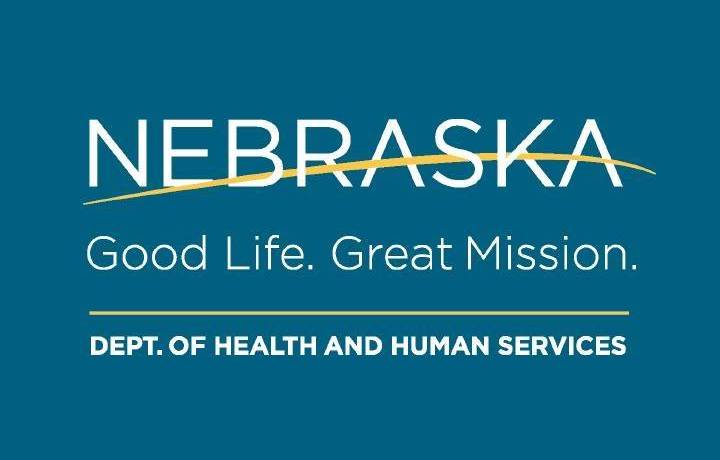![]()
– Nebraska avoiding the trend –

Measles cases are on the rise in the United States.
A total of 45 cases of measles in 16 states and New York City have been reported to the CDC as of last week. In all of 2023, there were 58 measles cases in the U.S.
No cases have been identified in Nebraska since 2017, but Nebraska State Epidemiologist, Dr. Matthew Donahue, says parents still have questions.
“We recognize that people seeing the news of the increase in measles cases across the country may have questions about how to protect themselves or their children,” said Dr. Matthew Donahue, Nebraska State Epidemiologist. “The best way to protect against measles is getting two doses of the MMR vaccine for measles, mumps, and rubella. We encourage Nebraskans to review their vaccine records and medical records to ensure they are protected and reach out to their healthcare provider if they have questions.”
Measles is a highly contagious respiratory viral illness spread through direct contact with droplets from an infectious person coughing, sneezing, or breathing. Symptoms of measles include fever, cough, red/runny eyes, runny nose, and a rash.
Before 1963 in the United States, when a measles vaccine became available, measles was endemic. Nearly all children had measles by the time they were 15, 48,000 people were hospitalized every year, 1,000 suffered swelling of the brain, called encephalitis, and 400 to 500 people died annually from measles.
Today, only one in five people in the U.S. who get measles will be hospitalized. One out of every 1,000 children with measles will develop encephalitis, which can lead to brain damage, and 1 to 3 out of 1,000 children with measles will die even with good medical care. There have not been any deaths from measles in the U.S. the last five years. In the last decade, only five people in Nebraska contracted measles.
The 45 cases of measles this year have been reported in Arizona, California, Florida, Georgia, Illinois, Indiana, Louisiana, Maryland, Michigan, Minnesota, Missouri, New Jersey, New York City, Ohio, Pennsylvania, Virginia, and Washington.
The MMR vaccine series is safe and approximately 97% effective against measles. The first MMR dose is given at 12-15 months of age and the second dose is given at 4-6 years of age. If you are not sure if you or your children have been vaccinated, contact your primary care provider to see if they have vaccination records for you. If you are unable to locate your vaccination records or only have one dose of the MMR vaccine talk to your provider about getting a dose of the MMR vaccine.
“Getting vaccinated not only protects you but also protects people who can’t get vaccinated, like those who are immunosuppressed and infants too young to begin the series,” Donahue said.
If you think you have been exposed to a measles case and have symptoms call your healthcare provider or nearest emergency room and tell them that you have been exposed to measles and have symptoms.
For more information about measles, go to www.cdc.gov/measles/index.html, https://icap.nebraskamed.com/pathogens-of-interest/measles/, or contact your local health department https://dhhs.ne.gov/CHPM%20Maps/LHDcontactMaster.pdf
